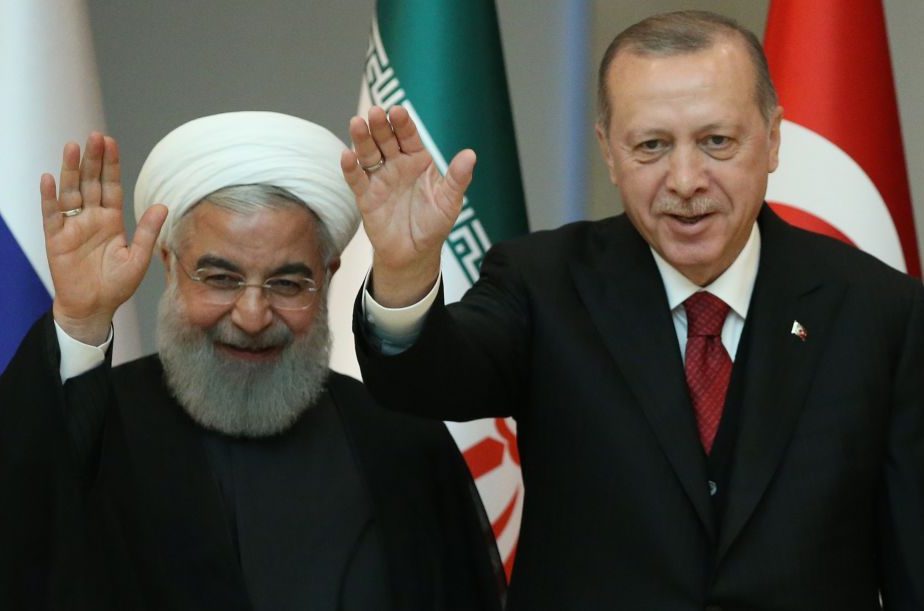Turkish and Iranian interests coincide in the fields of energy and trade, especially because of Turkey’s dependence on Iranian oil and gas and Iran’s imports of Turkish goods. The two countries also align in their shared antipathy towards the Saudi regime and in their opposition to Kurdish separatism, which threatens the territorial integrity of both Turkey and Iran.
Turkey’s purchase of Iranian oil and Iran’s imports of Turkish products have been curtailed since 2018 by the sanctions reimposed on Iran by President Donald Trump, especially after April 2019 when the US rescinded the waiver given to Turkey and seven other major importers of Iranian oil. In 2019 the share of crude oil and oil products in Turkish imports from Iran decreased by 63% and Iran’s traditional trade surplus decreased by 79%. Simultaneously, the ‘maximum pressure’ exerted by Washington on Tehran reduced Iran’s capacity to buy Turkish goods.
However, both countries took this decline in their strides in the hope that things would improve with the end of the Trump presidency. Brighter prospects of America’s return to the nuclear deal with Iran (the Joint Comprehensive Plan of Action, which Trump withdrew the US from in 2018) and of the graduated removal of sanctions on Iran following the election of President Joe Biden are likely to see a rise in Turkish–Iranian economic interactions once again. Although they may not reach the level they had achieved before 2018, Iran is still likely to be a leading energy supplier of energy to Turkey, and Turkish goods will continue to corner a large share of the Iranian market because of geographic propinquity and low transport costs.
Read the article by Mohammed Ayoob in The Strategist.

